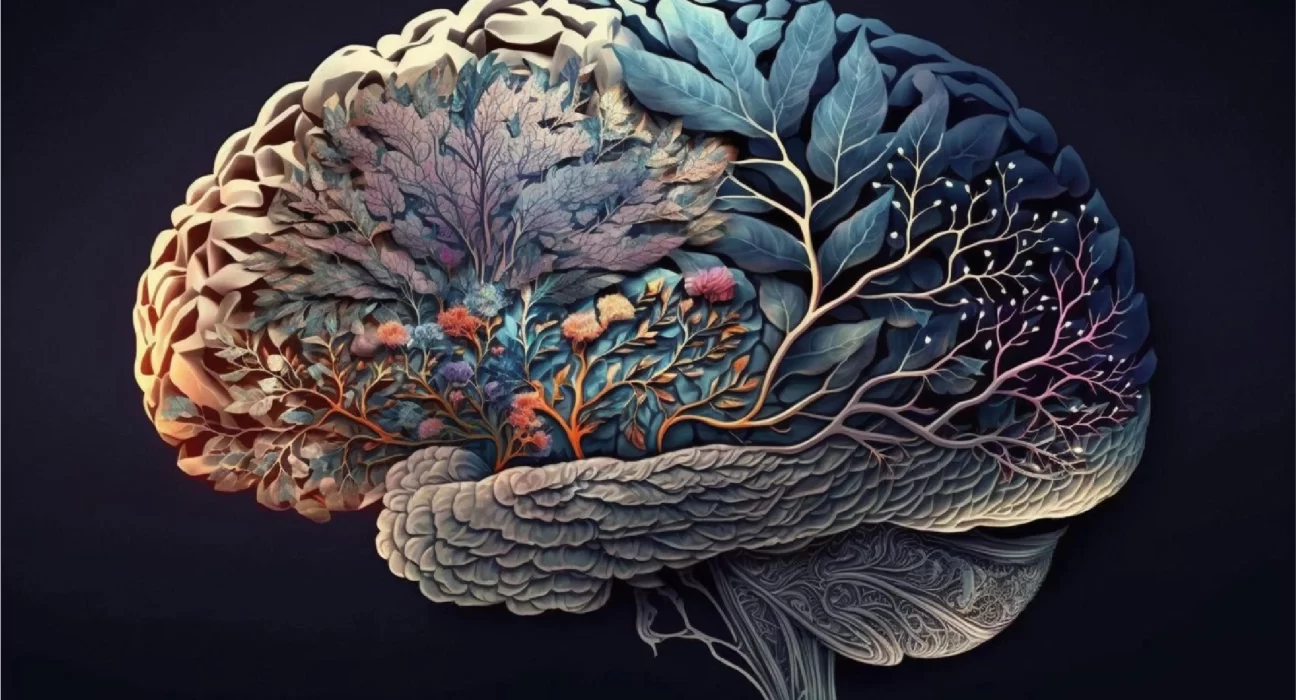In the race for technological advancements – in health, sports, education, family, work, and even religion, a new frontier has appeared in the health sector. Artificial Intelligence (AI) has now started to influence the health sector. Recent advancements in the form of generative AI, especially ChatBots, have raised questions about whether these developments have the potential to offer the sector.
While AI appears to be enticing everything and everyone, there is an expected concern as to whether it will fix regulatory gaps and modify patient well-being.
AI’s Potential in Mental Health
In this stage of technological advancements, where we can’t even reconsider AI, integrating AI as a therapy tool has gathered attention. These bots (like Woebots and ChatGPT) can engage in online discussions with patients and provide medical solutions for patients with depression and anxiety. Despite these being privately funded, we have even seen that FDA recognitions have been given to several for their effectiveness, fetching them a breakthrough designation.
Meanwhile, as much as the pros are large, questions have been raised about potential side effects. Informed consent and responsible medical practice have become a challenge. The difficulty acquired in obtaining informed consent online is a great ethical concern. Also, there are debates on whether these chatbots are reliable in going further to report critical information like perceived suicidal thoughts and even reporting illegal activities.
Navigating the Ethical Uncertainty
Now, an ethical dilemma has surrounded AI in the healthcare sector. Those reliability issues, autonomy, transparency, and potential failed treatments pose a large landscape. The hub is the absence of defined malpractices standard for AI. Expectedly, these will raise many questions about the repercussions of unsuccessful results.
The channel designed to solve issues might start adding more. Suppose AI will be related to healthcare the same way it is in some other successfully integrated sectors. In that case, it should be ready not to compromise patients’ confidentiality when they open sensitive matters.
Thus, patient privacy and confidentiality, which are the main contenders of top-tier healthcare, are in danger. There is also a rise in whether minors can navigate these ethical and potential challenges.
Balance and pitfalls of AI in mental healthcare
Despite the challenges, AI is still promising in mental healthcare, especially when we talk about accessibility. With its current loops on inaccessibility and identification, the mental health sector can be well modified by AI, which can identify easily and provide immediate suggestions, ideas, treatments, and advice anytime.
To balance the pros with cons, mental healthcare chatbots must be handled by professionals in the sector. They should operate under their responsibility and guidance. So then, we will witness many digital companions, and only then can we safely guide patient safety and provide a route for the successful integration of AI in mental healthcare.
Final Thoughts
Integrating AI into healthcare simultaneously poses pros and cons – offering a lifetime of captivating treatment ideas while going through critical ethical concerns. The future is to look forward to balancing both edges, ensuring AI innovations do not abandon the well-being of patients.
READ NEXT: Game Project Updates














Leave feedback about this